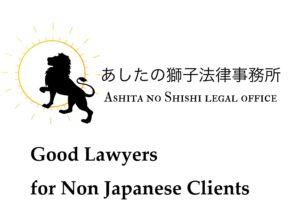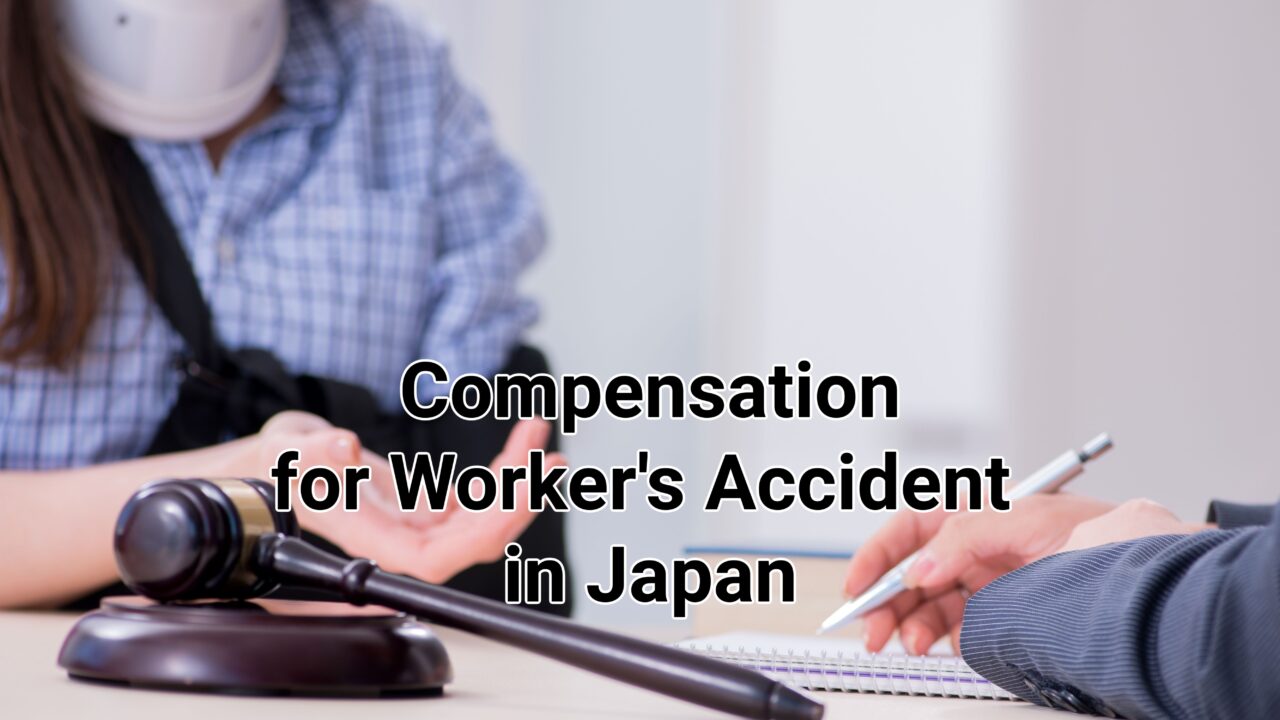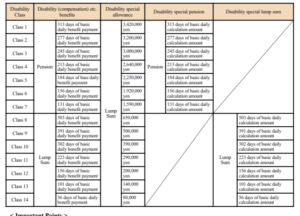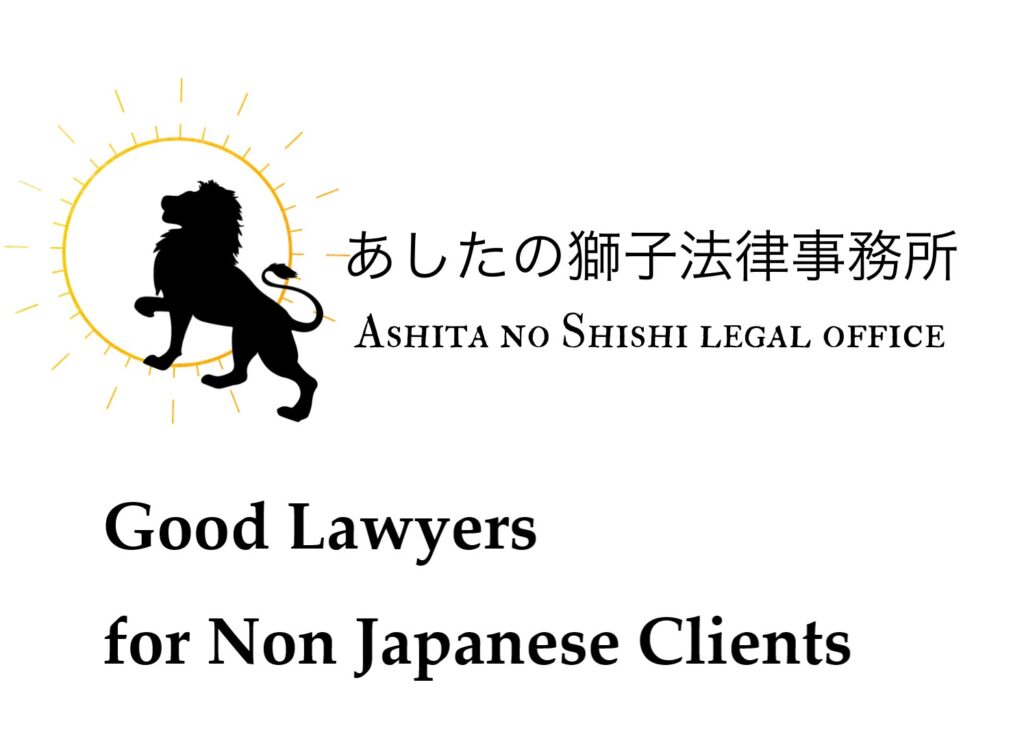If you are involved in an accident on duty…
If employees are involved in an accident during working hours, what kind of claim can they make against their companies? Japanese companies are required to enroll their employees in industrial accident compensation insurance (“Rosai”) when they hire even one employee. If workers are injured in an accident caused by their duties, they can receive medical treatment for free and Temporary Absence Compensation Benefit through Rosai. If the accident leaves employees with disability, they may also receive a lump-sum payment or pension. However, some losses are not fully compensated by Rosai.
Scope of Compensation by Rosai
So, let’s look at what kinds of damages are compensated by Rosai.
Medical Expense
In principle, medical treatment expenses will be fully paid by Rosai. However, employees need to receive medical treatment at a Designated Medical Facilities for Rosai.
If they receive treatment at a place that is not a Designated Medical Facility, they have to pay the full amount of the medical treatment expense because health insurance cannot be used industrial related accidents.
Compensation for lost salary
In the event of absence from work, 60% of the salary will be paid as Temporary Absence Compensation Benefit and 20% will be paid as Absent Special Benefit. However, the remaining 20% will not be paid, so the full amount of your salary will not be compensated by Rosai.
If Disability remains,
If an employee who has been in an accident remains disabled after a certain period of medical treatment, the employee may apply to the Labor Standards Inspection Office for Disability Compensation Benefit. If the disability class is acknowledged, the employee can receive a pension or lump-sum payment according to the disability class from Rosai.
No compensation for Lost Profit
If an employee is involved in a work-related accident and is permanently disabled, their ability to work may be impaired and their future income may be reduced. In other words, the employee is suffering from lost profit due to the accident.
However, Rosai does not cover such loss of income. As mentioned above, part of this loss is compensated by the disability (compensation) benefits paid by Rosai, but not the entire amount of lost profit.
Pain and Suffering Damage will not be compensated.
In addition, Rosai does not provide compensation for Pain and Suffering Damage. Therefore, if you want to receive compensation for Pain and Suffering Damage, you need to claim for it against your company.
Claim for damages against Companies
If a company is found to have violated its duty of safety consideration, the employee can file a claim against the company for damages not compensated by Rosai.
For example, workers can claim compensation for 40% of their salary that is not compensated as Temporary Absence Compensation Benefit (In this case, Absence Special Benefit (20% of lost salary) does not need to be reduced from compensation.)
The company can also claim compensation for lost profit and Pain and Suffering Damage. Depending on the degree of residual disability and mental or physical damage, companies are sometimes ordered to pay tens of millions of yen to their employees.
What is Duty of Safety Consideration
Duty of Safety Consideration is employer’s duty to take care to protect the worker’s life and body from danger connected to workers’ use of place, facilities and equipment.
The specific measures that a company must take to fulfill its duty of safety consideration vary depending on the situation.
For example, when employee work with machinery, the safety of that machinery must be adequately inspected and maintained to prevent injury from the machinery.
Or, when hazardous work is performed, the company is required to assign qualified and experienced workers and to provide safety training to its employees.
Comparative Negligence
When a company receives a claim from an employee for damages due to a work-related accident, the company almost always asserts Comparative Negligence. In other words, companies argue that the amount of damages should be reduced to the extent attributable to the employee’s negligence.
Conclusion
In the event of a work related accident, an employee is entitled to receive certain compensation from Rosai. However, Rosai will only cover only a portion of the damages suffered by the employee. If the company has violated a Duty of Safety Consideration, a large amount of compensation may be awarded.












